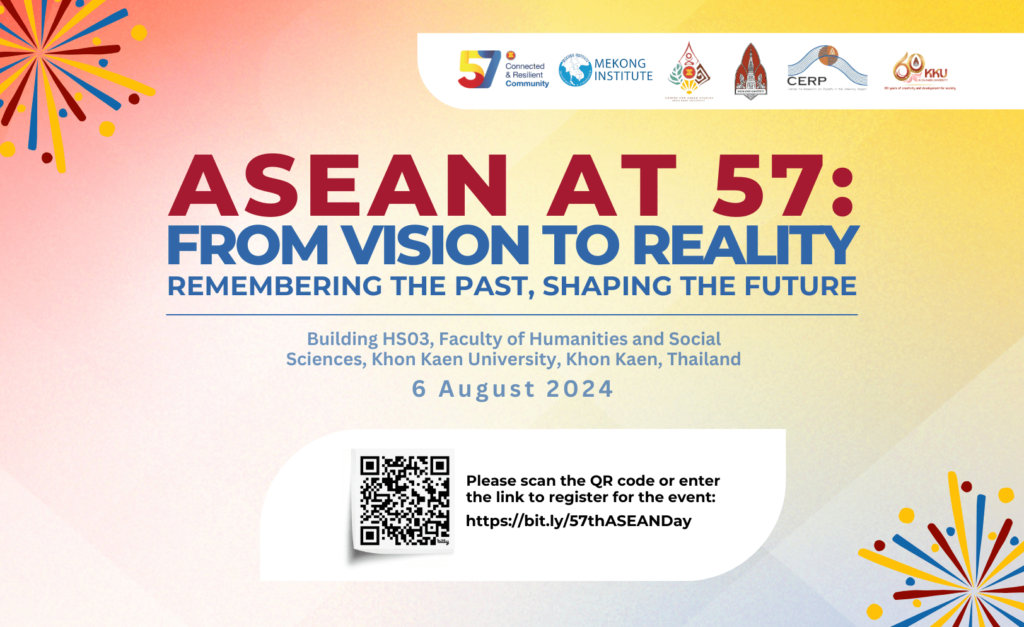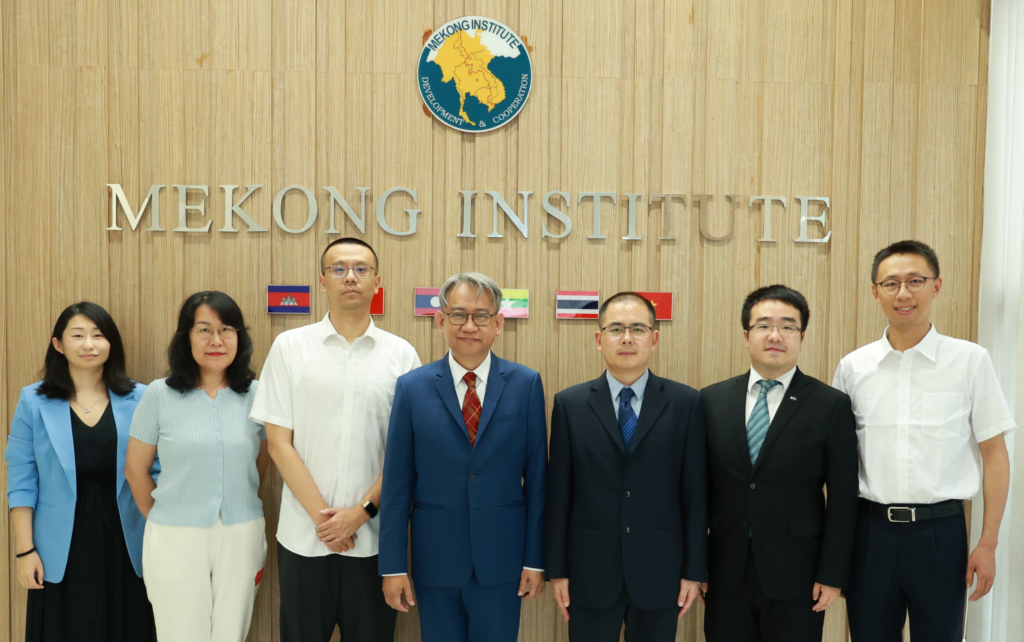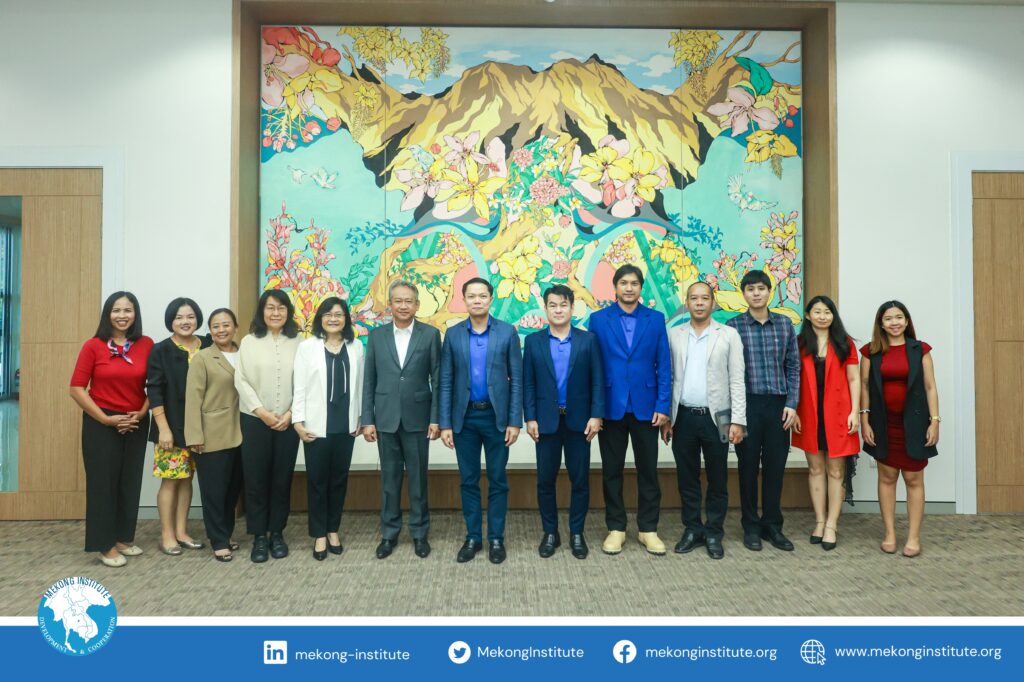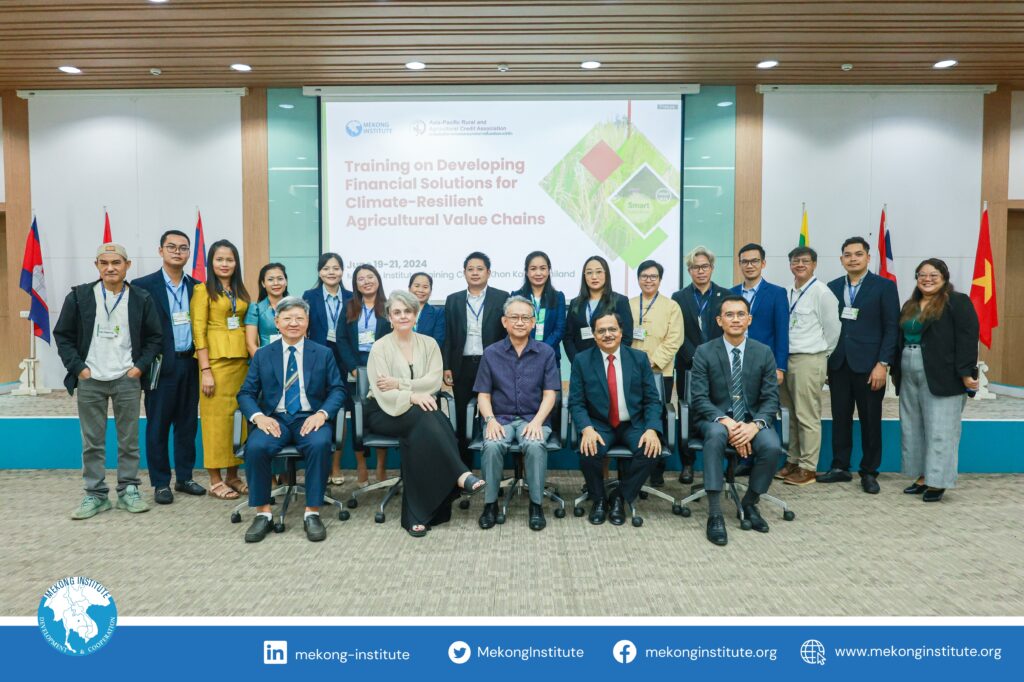VISION
Capable and committed human resources working together for a more integrated, prosperous, and harmonious GMS
Mission
Contribute to regional cooperation and integration through capacity development, dialogue, and advocacy for the acceleration of sustainable socioeconomic development and poverty alleviation in the GMS
Main Strategic Goals
MI’s activities always strive to achieve MI’s goals in the areas of agricultural development and commercialization; trade and investment facilitation; sustainable energy and environment. The strategic goals are:
- Increase agricultural commercial production and strengthen sustainable food systems
- Increase access to international markets and cross-border trade
- Increase adoption of power grid connectivity, renewable energy, energy efficiency, and climate-smart technologies in agriculture and trade initiatives
While delivering areas of support under the three regional development themes, MI also addresses issues of social inclusion and vulnerability, digital economy and innovation, and labor mobility to cement holistic and sustainable impacts in the subregion and beyond.
Implementing Strategies
- Implement projects in partnerships
- Provide advisory services to GMS governments, development partners, the private sector, and civil society
- Conduct research for policy advocacy on transboundary development areas





